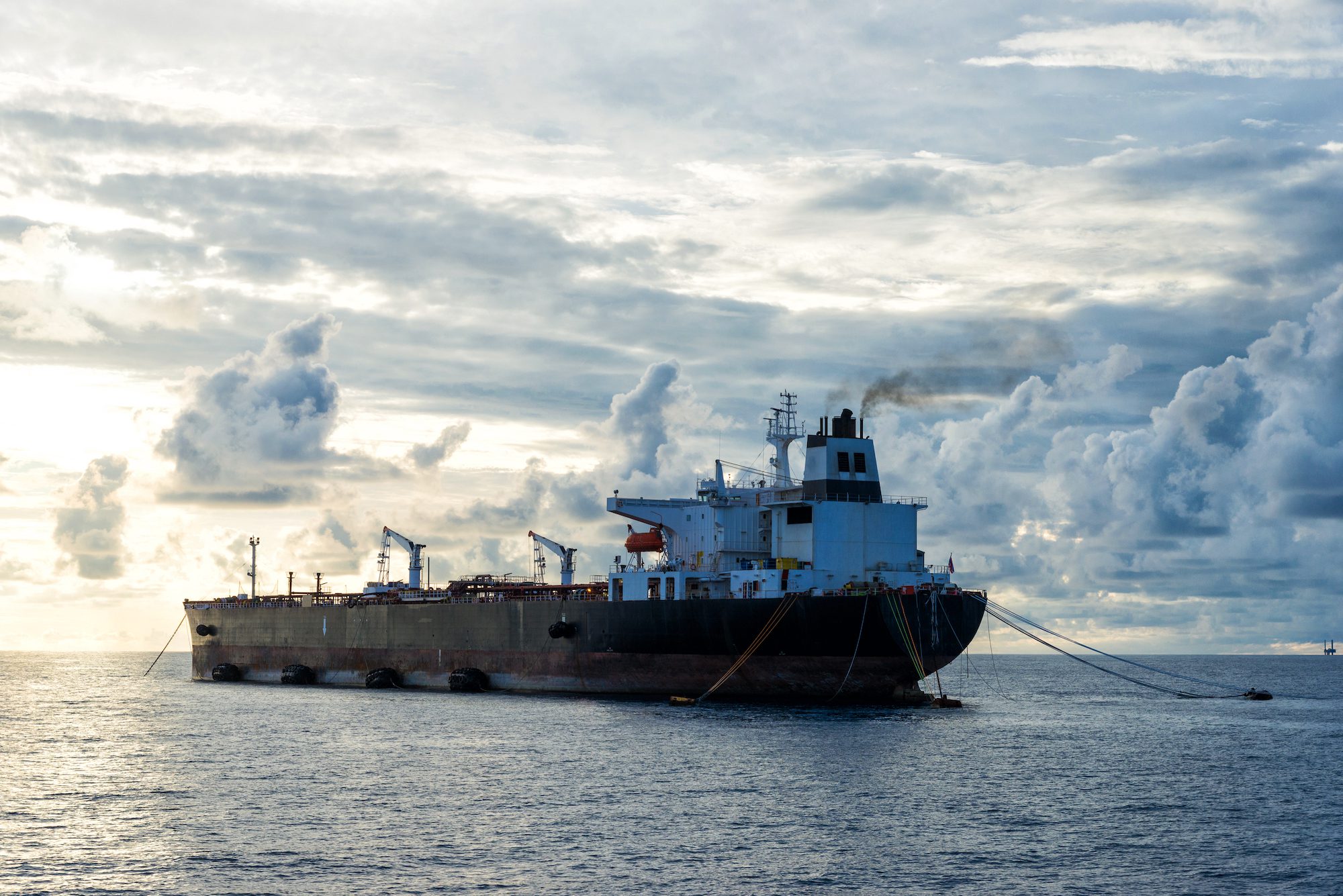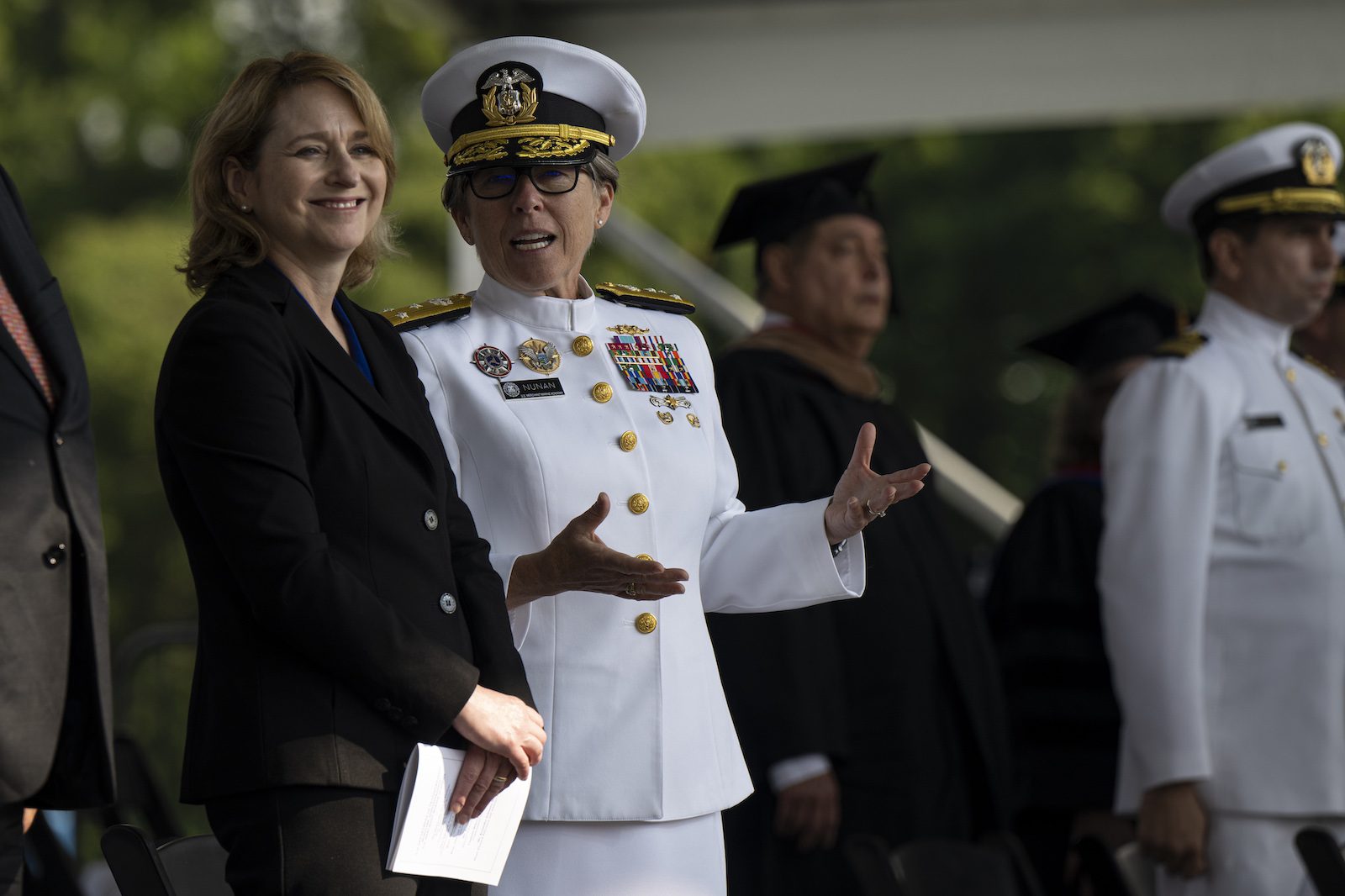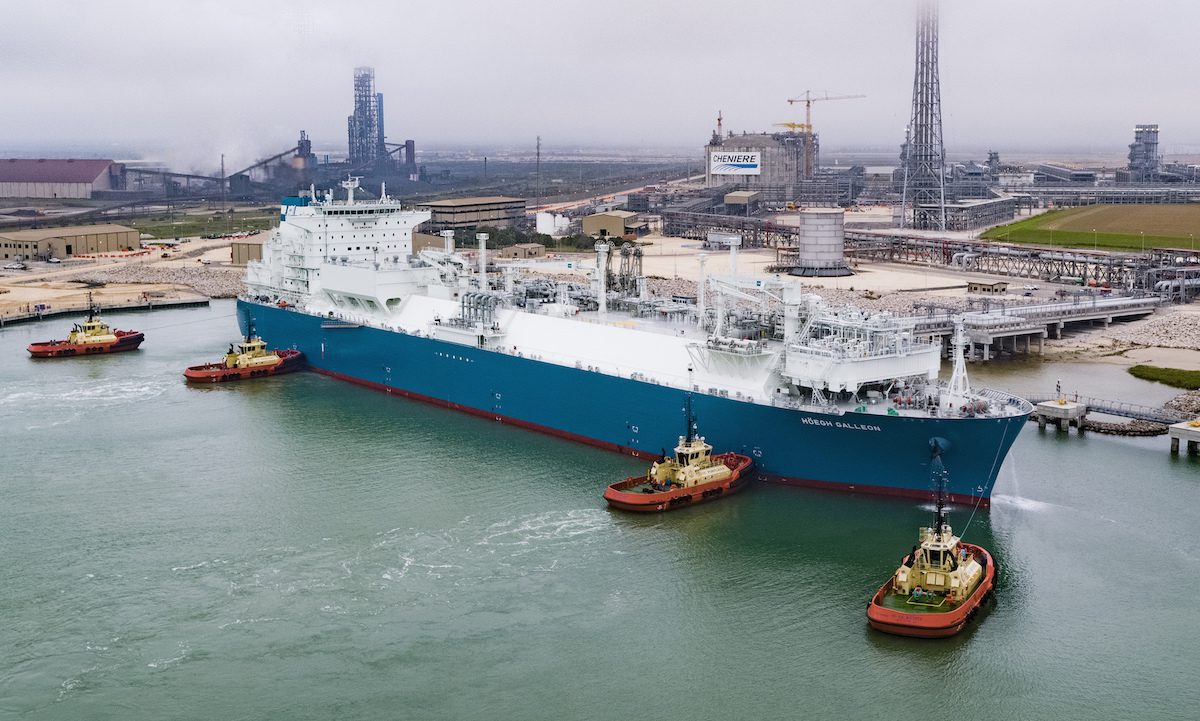In a dangerous escalation of the Ukraine conflict, Russia has intensified strikes on key Black Sea ports, posing a critical threat to global food security and the international shipping industry. UK Prime Minister Keir Starmer has raised alarms over the escalating attacks, warning that Russia’s aggression is accelerating instability on a global scale.
The timing of these assaults is particularly concerning, coinciding with Ukraine’s harvest season—a period when the country, one of the world’s top grain exporters, plays a crucial role in feeding millions across the globe. UK intelligence has reported a noticeable uptick in Russia’s willingness to target port infrastructure, with civilian grain ships caught in the crossfire.
“Russia’s indiscriminate strikes on Black Sea ports show that Putin is willing to gamble with global food security in his pursuit of war,” said Prime Minister Starmer. He stressed the wide-reaching impact of these attacks, noting that millions of people in vulnerable regions such as Africa, Asia, and the Middle East are being directly harmed by the disruption to Ukraine’s agricultural exports. “This is a barbaric war with consequences that stretch far beyond Europe.”
For the shipping industry, the repercussions are already being felt. Between October 5-14, 2024, at least four merchant vessels were struck by Russian munitions, sparking widespread concern over the safety of maritime trade in the Black Sea. This surge in attacks has driven up war risk insurance premiums, further straining global shipping operations.
Shipping Analyst Filipe Gouveia of BIMCO cautioned that, “If safety measures aren’t improved, these assaults could endanger up to 1% of the world’s dry bulk exports.” While overall shipping volumes have not yet seen major disruptions, Gouveia underscored the precarious nature of the situation.
Ukraine’s coastal grain corridor, established as an alternative after the collapse of a UN-brokered deal in July 2023, has been a lifeline for global markets. This corridor has been essential in stabilizing food prices, contributing to a 15% year-on-year decrease in the FAO cereal price index. However, the Russian attacks now threaten to undermine this vital supply chain, jeopardizing both the flow of goods and the stability of global food prices.
In response, the UK has pledged additional support for Ukraine, including a £2.26 billion contribution to the G7 Extraordinary Revenue Acceleration (ERA) Loans scheme. The UK is also leading the Maritime Capability Coalition alongside Norway, with efforts focused on safeguarding maritime trade routes in the Black Sea.
As the conflict in Ukraine rages on, the international community remains on edge. The consequences of these attacks extend far beyond Ukraine’s borders, threatening to destabilize not only global food security but also the fragile equilibrium of international maritime trade. For both Ukraine’s export economy and the shipping industry at large, the stakes have never been higher.

 Join The Club
Join The Club










